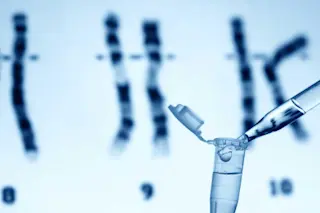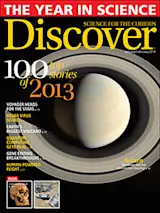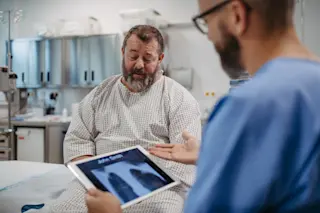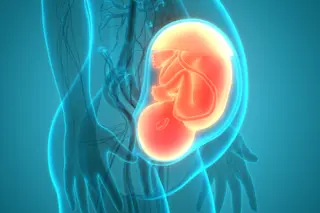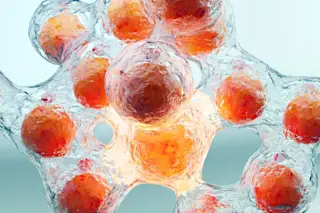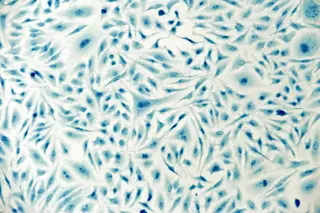The patent Myriad Genetics filed in 1994, laying claim to the DNA sequence of the gene BRCA1, wasn’t remarkable. It was one in a long line of some 40,000 patents on DNA molecules awarded in the past three decades, covering more than 20 percent of human genes.
But that patent took on a new importance last summer, when the Supreme Court ruled [PDF] that it and untold numbers of other DNA patents are invalid because naturally occurring DNA sequences cannot be patented. The decision has had immediate benefits for researchers and doctors, but creates new worries for the biotech and pharmaceutical industries.
Before the ruling, Utah-based Myriad had a legal monopoly in the U.S. on tests for mutations in the genes BRCA1 and BRCA2 that contribute to aggressive forms of breast and ovarian cancer. The tests cost nearly $4,000, and patients couldn’t seek second opinions from other test providers.
Women ...


